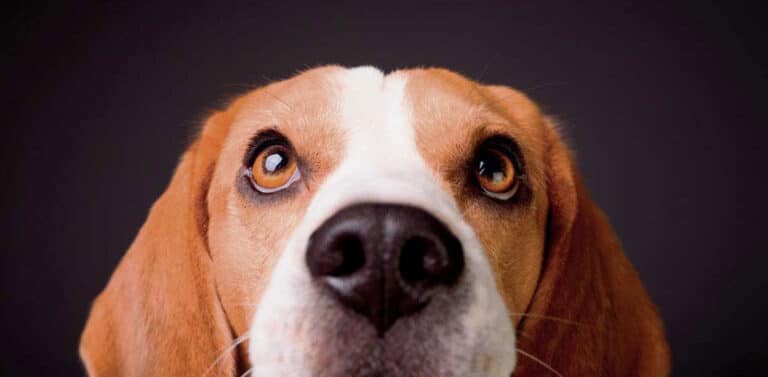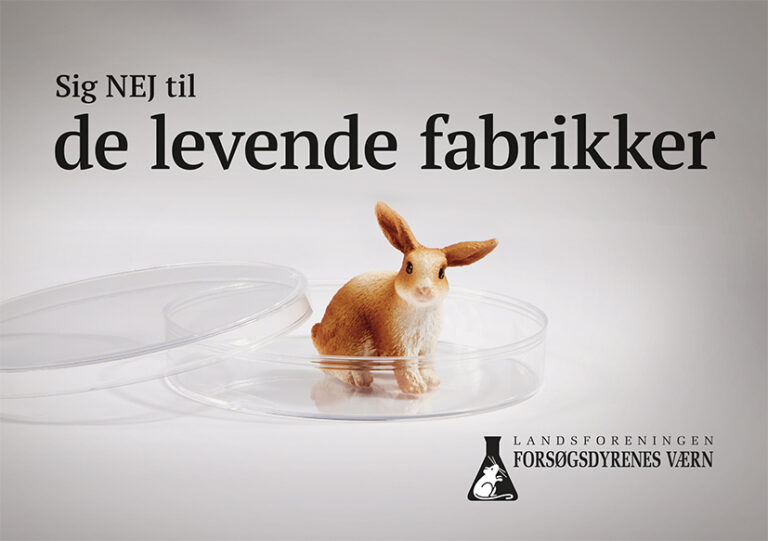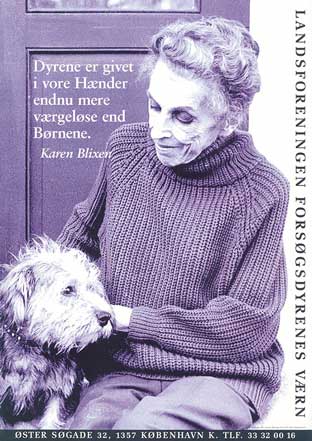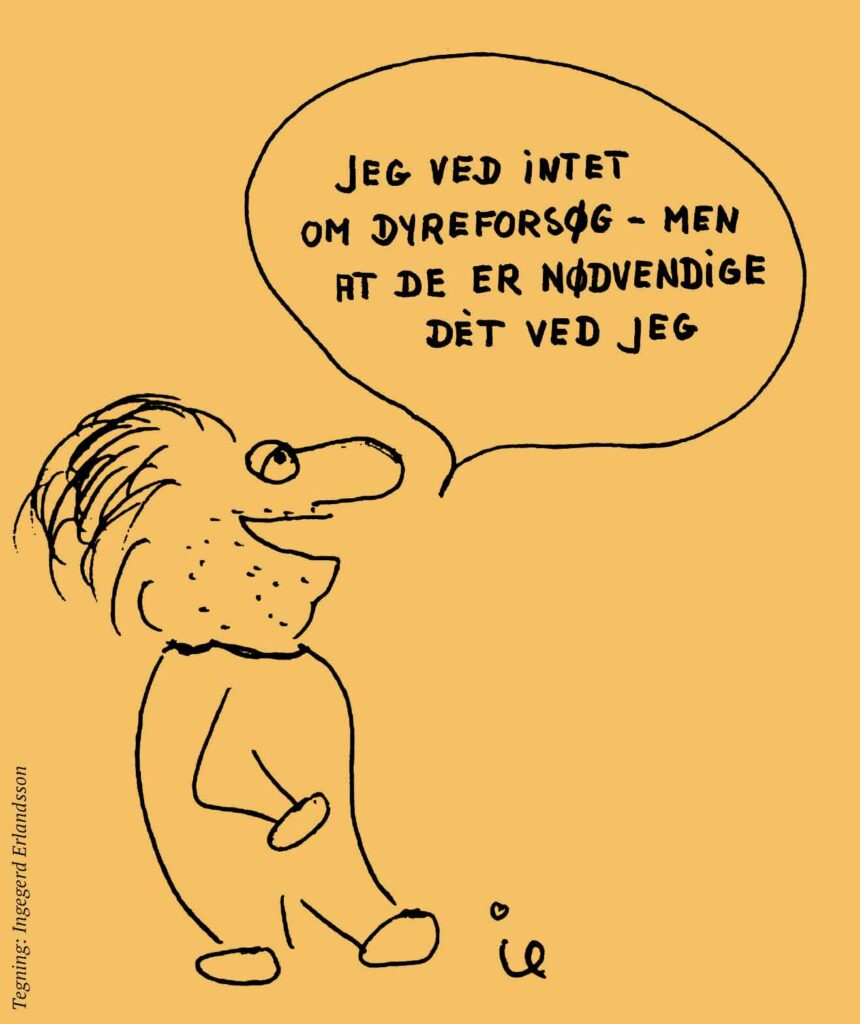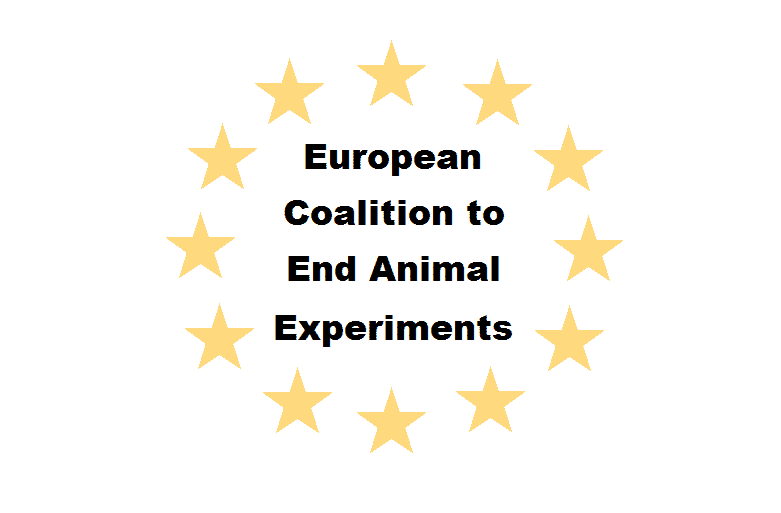
Development of “open source” Animal friendly Affinity-reagents (AFAs) to replace the use of animals for antibody production
2018 Valued at a staggering 80 billion dollars the global antibody industry produces an indispensable resource relied upon by scientists, healthcare professionals and consumers in all scientific sectors. Antibodies are high specificity binding molecules used to detect a vast range of molecules in consumer safety testing, health and diagnostics, product claims, efficacy testing, R&D, food and environmental contamination. However, they are generated using millions of poorly accounted-for animals. Each novel, attempted Animal Derived Antibody (ADA) development protocol may induce side-effects from mild to severe and localised to systemic. This cannot be anticipated since the effect of the antigen or antigen/adjuvant combination, repeatedly injected into animals during the immunization protocol, is unknown and may be toxic or pathogenic. There are also reported incidences of mistreatment and animal suffering. The ascites method for ADA production is not authorized in the EU but freely available elsewhere, accounting for additional animal use and severity of procedure.
Mature, available Replacement methods for ADA production, collectively referred to as Animal Friendly Affinity reagents (AFAs), can completely replace the 800,000 to millions of animals that are used in this procedure every year. However, uptake of AFA methods has been poor. This is even though Directive 2010/63/EU for the use of animals in scientific procedures states that ‘an animal procedure should not be ‘carried out if another method or testing strategy for obtaining the result sought, not entailing the use of a live animal, is recognised under the legislation of the Union. Consequently, the use of animals in large scale generic project license applications continues to be authorized.
 To address this problem, AFABILITY, a unique organization with expertise spanning the scientific, animal welfare, regulatory and political domains, was launched in 2016. AFABILITY is a non-commercial, scientific organisation with laboratory facilities at the School of Veterinary and Medical Sciences, University of Nottingham, UK. AFABILITY is supported by donations, collaborations and grants which allow it to function without seeking commercial gain. AFABILITY strives to replace ADA production methods with AFAs that do not require the use of animals, thereby significantly reducing the numbers and suffering of animals in the biomedical sciences. AFABILITY challenges the enforcement of Directive 2010/63/EU, improves availability of replacement methods and creates awareness of the use of ADA production methods by all scientific disciplines. AFABILITY’s own mission to replace the use of animals is perfectly aligned with Alternativfondet and Forsøgsdyrenes Værn and aspires to a successful collaboration. Two post-doctoral researchers are supported to create the open resources that scientists need to improve the availability of AFA replacement methods. By eliminating time, cost, lack of awareness, scientific misconceptions, contractual restraints and expertise as factors that impede the uptake of AFAs and ensuring that engaged parties do not resort to animal use, the continued use of animals or the authorization of animal use for scientific procedures, becomes increasingly redundant.
To address this problem, AFABILITY, a unique organization with expertise spanning the scientific, animal welfare, regulatory and political domains, was launched in 2016. AFABILITY is a non-commercial, scientific organisation with laboratory facilities at the School of Veterinary and Medical Sciences, University of Nottingham, UK. AFABILITY is supported by donations, collaborations and grants which allow it to function without seeking commercial gain. AFABILITY strives to replace ADA production methods with AFAs that do not require the use of animals, thereby significantly reducing the numbers and suffering of animals in the biomedical sciences. AFABILITY challenges the enforcement of Directive 2010/63/EU, improves availability of replacement methods and creates awareness of the use of ADA production methods by all scientific disciplines. AFABILITY’s own mission to replace the use of animals is perfectly aligned with Alternativfondet and Forsøgsdyrenes Værn and aspires to a successful collaboration. Two post-doctoral researchers are supported to create the open resources that scientists need to improve the availability of AFA replacement methods. By eliminating time, cost, lack of awareness, scientific misconceptions, contractual restraints and expertise as factors that impede the uptake of AFAs and ensuring that engaged parties do not resort to animal use, the continued use of animals or the authorization of animal use for scientific procedures, becomes increasingly redundant.



